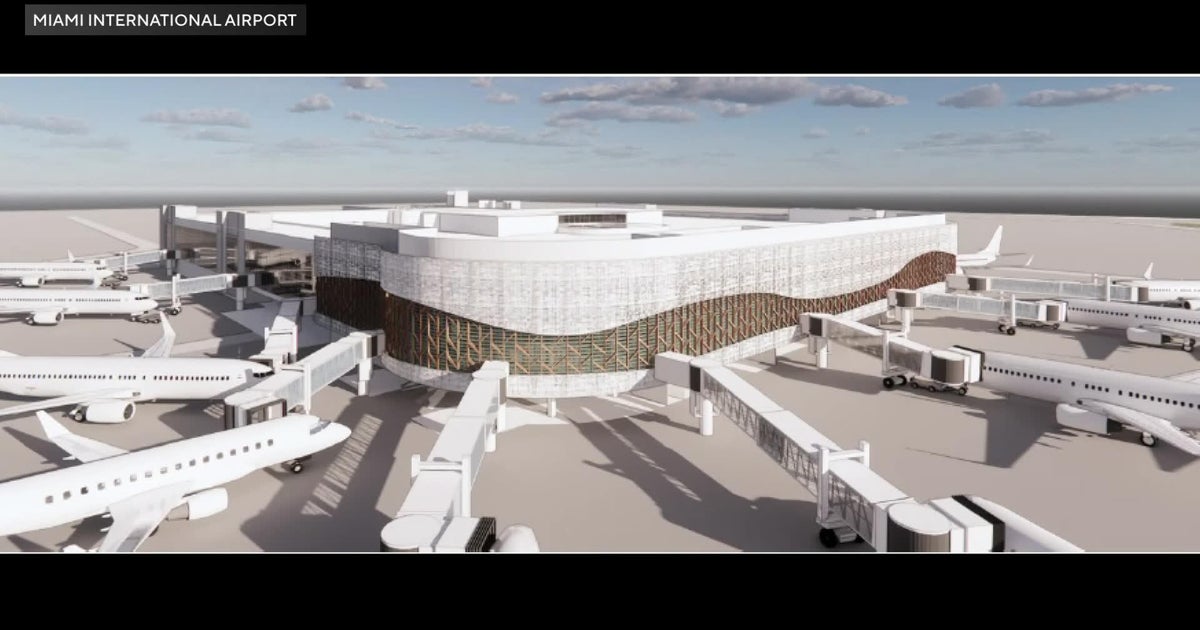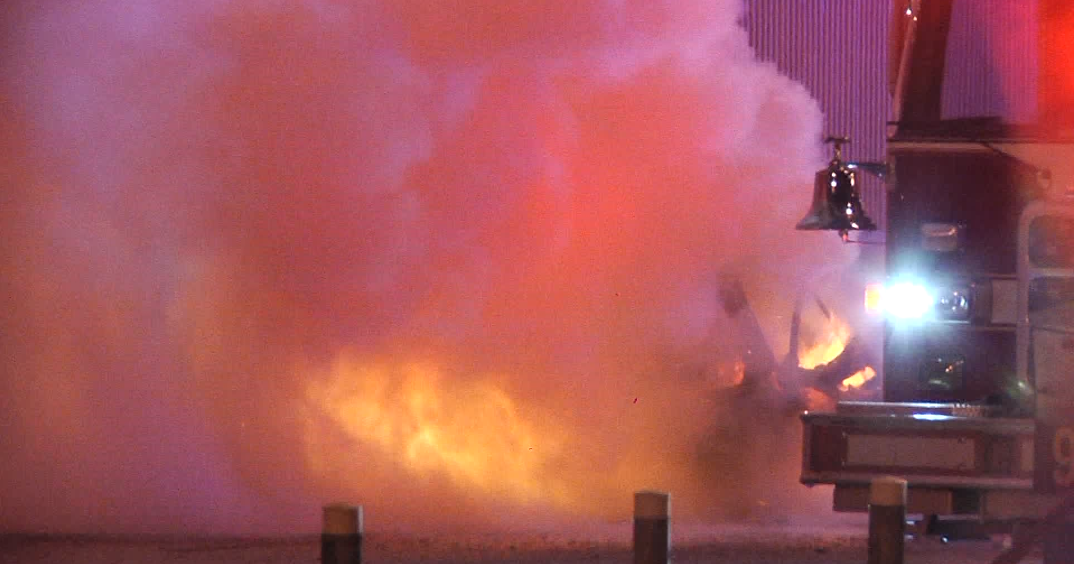Miami Reacts As USA And Allies Launch Missiles Into Libya
MIAMI (CBS4) -- As the United States and its European allies pounded Libya with cruise missiles and airstrikes Saturday South Floridians reacted to the prospect of yet another war overseas.
"I think it's another undeclared war," said Eric Cohen, a South Floridian. "I think the U.S. has to have a presence there or the region will become unstable... I mean I can remember when Regan dropped the bomb on Libya back in 1980-something, so the fact that this guy has remained in power for that many years is sort of a thumb in the face to American's anyway."
Saturday's actions brought into play the U.S.A., France and the United Kingdom, and was backed by unidentified Arab countries. It was the broadest international military effort since the Iraq war in support of an uprising that had seemed on the verge of defeat.
In response to the attacks the longtime Libyan leader vowed to defend his country from what he called "crusader aggression" and warned the involvement of international forces will subject the Mediterranean and North African region to danger and put civilians at risk.
The U.S. military said 112 Tomahawk cruise missiles were fired from American and British ships and submarines at more than 20 coastal targets to clear the way for air patrols to ground Libya's air force.
French fighter jets fired the first salvos, carrying out several strikes in the rebel-held east. The attack was dubbed "Operatioin Odyssey Dawn."
President Barack Obama said military action was not his first choice.
"This is not an outcome the U.S. or any of our partners sought," Obama said from Brazil, where he is starting a five-day visit to Latin America. "We cannot stand idly by when a tyrant tells his people there will be no mercy."
But Congresswoman Ileana Ros-Lehtinen said the President has not made his case for U.S. involvement.
"The bottom line is you've gotta ask what is the U.S. security interest in getting involved in Libya," said Ros-Lehtinen. "Because there's unrest everywhere. Today its Libya, tomorrow it will be somewhere else."
Ros-Lehtinen also raised concerns for the cost of the effort. "We are broke and that's why we have to be selective about where we're going and why we're going. The case has not been made for me to be satisfied that this is the right move for the United States at this time."
Thousands of regime supporters, meanwhile, packed into the sprawling Bab al-Aziziya military camp in Tripoli where Gadhafi lives.
The strikes, which were aimed at enforcing a U.N.-mandated no-fly zone, were a sharp escalation in the international effort to stop Gadhafi after weeks of pleading by the rebels who have seen early gains reversed as the regime unleashed the full force of its superior air power and weaponry.
Gadhafi, who has ruled Libya for 41 years, said in a telephone call to Libyan state TV that he was opening weapons depots to allow his people to arm themselves in defense.
He said the international action against his forces was unjustified, calling it "simply a colonial crusader aggression that may ignite another large-scale crusader war."
His regime also acted quickly in the run-up to the strikes, sending warplanes, tanks and troops into the eastern city of Benghazi, the rebel capital and first city to fall to the rebellion that began Feb. 15. Then the government attacks appeared to go silent.
(©2011 CBS Local Media, a division of CBS Radio Inc. All rights reserved. This material may not be published, broadcast, rewritten, or redistributed. The Associated Press contributed to this report.)



